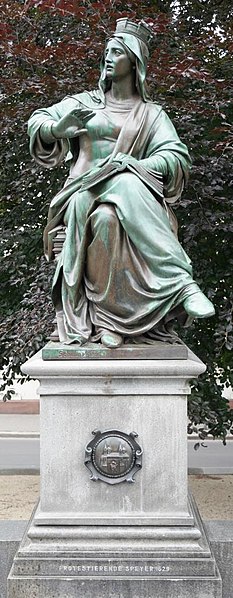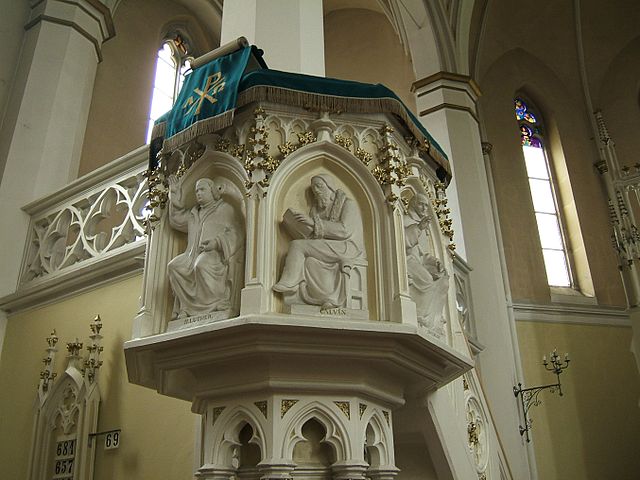Spiritual Christianity is the group of belief systems held by so-called folk Protestants, including non-Eastern Orthodox indigenous faith tribes and new religious movements that emerged in the Russian Empire. Their origins are varied: some come from Protestant movements imported from Europe to Russia by missionaries, travelers and workers; others from disgust at the behavior of Orthodox priests, still others from the Bezpopovtsy Raskolniks. Those influences have mixed with folk traditions resulted in communities that are collectively called sektanty (sectarians). Such communities were typically documented by Russian Orthodox clergy with a label that described their heresy such as not fasting, meeting on Saturday (sabbatarians), rejecting the spirit, body mutilation (castigators), self-flagellation, or suicide.
Molokan men
Protestantism is a branch of Christianity that emphasizes justification by God through faith alone, the teaching that salvation comes by unmerited divine grace, the priesthood of all believers, and the Bible as the sole infallible source of authority for Christian faith and practice. The five solae summarize the basic theological beliefs of mainstream Protestantism.
The door to All Saints' Church in Wittenberg, where Martin Luther allegedly posted his Ninety-five Theses in 1517 detailing his concerns with what he saw as the Catholic Church's abuse and corruption. The Ninety-five Theses gave rise to Christian Protestantism as one of the world's primary religions, making Wittenberg the "cradle of Protestantism".
Memorial Church, finished and consecrated 1904, in Speyer, Germany commemorates the Protestation.
The Protesting Speyer, part of the Luther Monument in Worms, Germany
Two central figures of the Protestant Reformation, Martin Luther and John Calvin, depicted on a church pulpit; both Luther and Calvin emphasized making preaching a centerpiece of worship.





